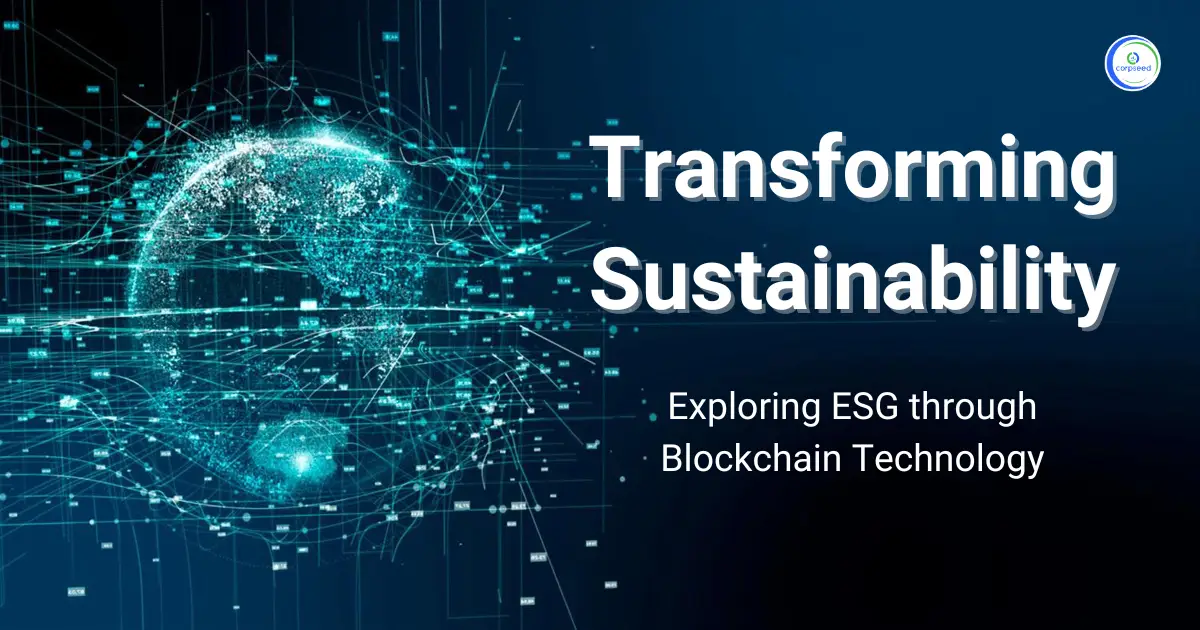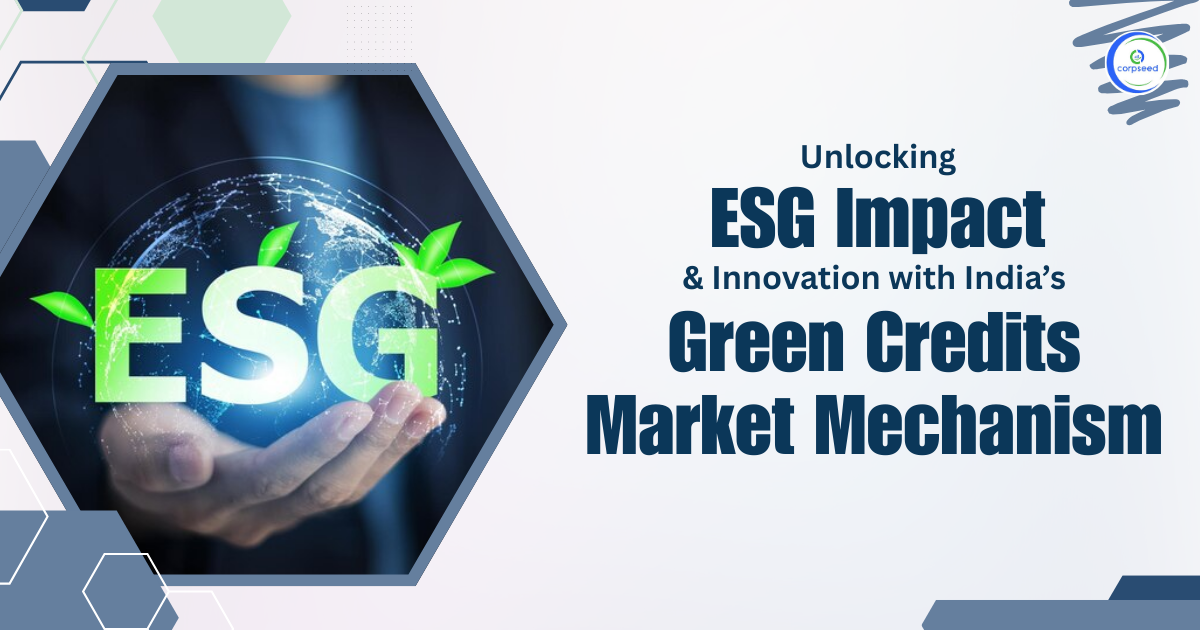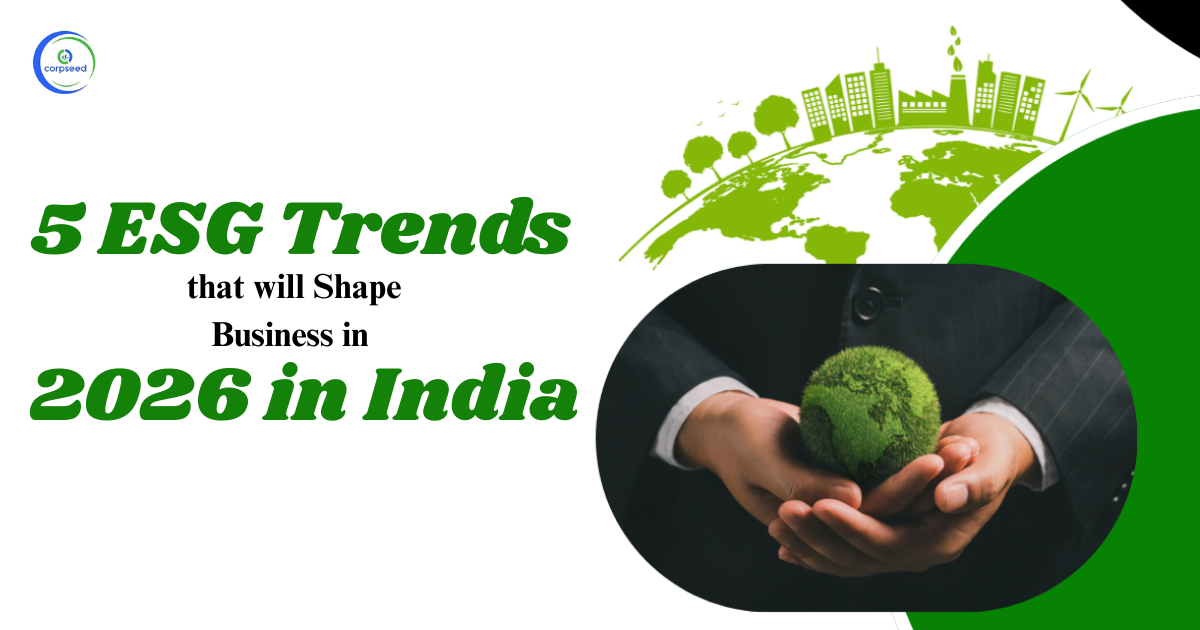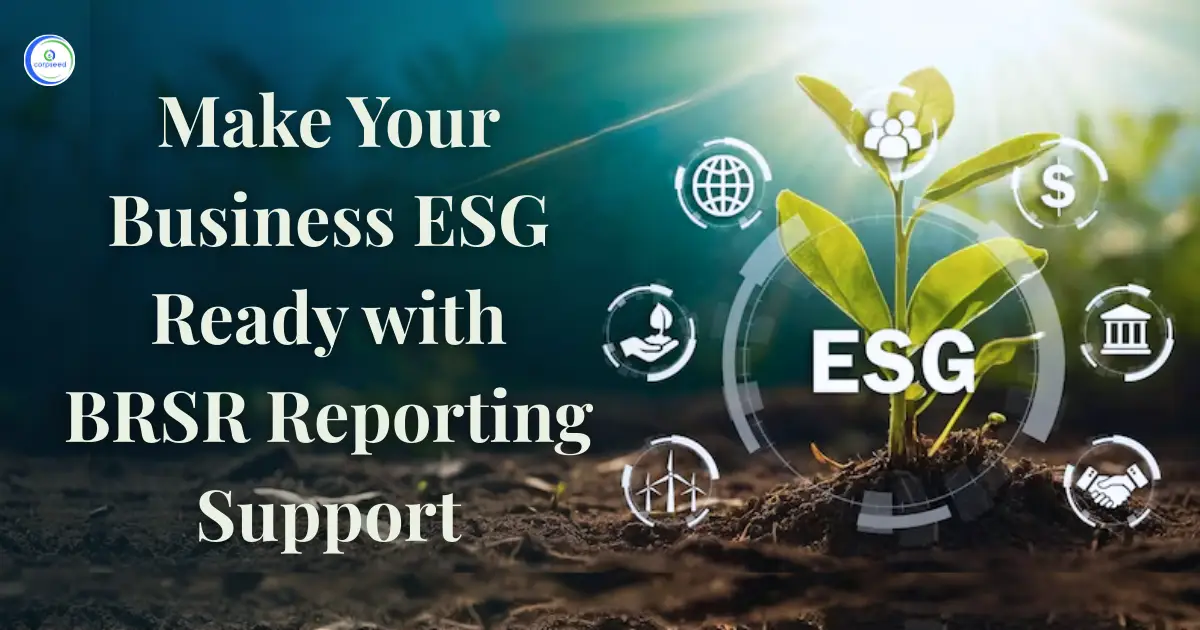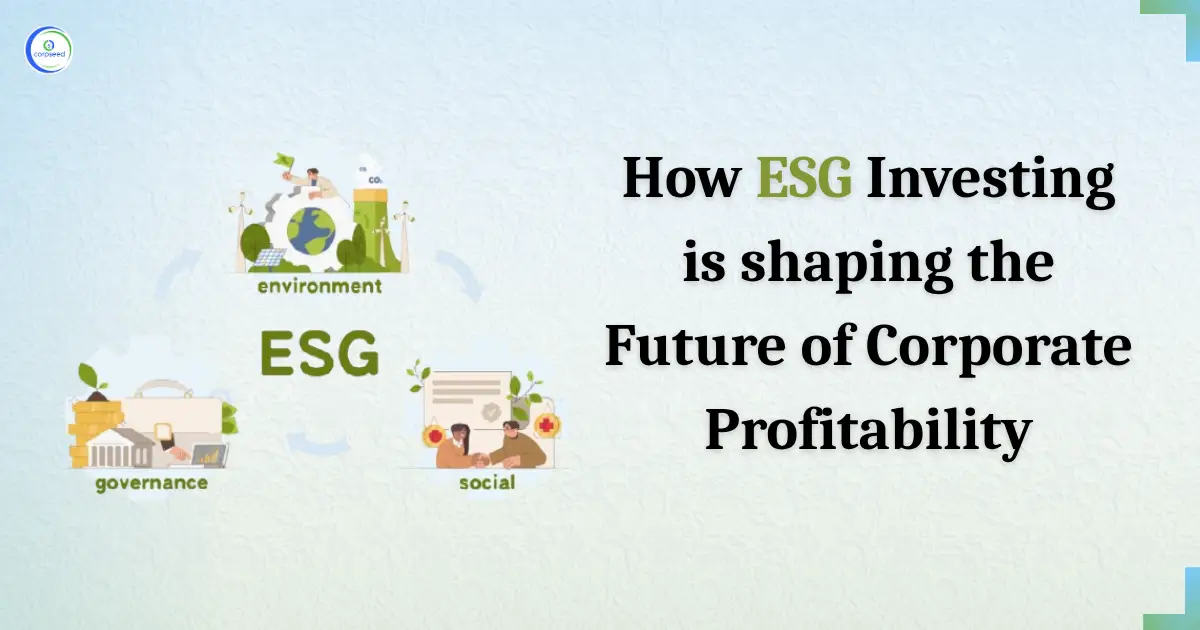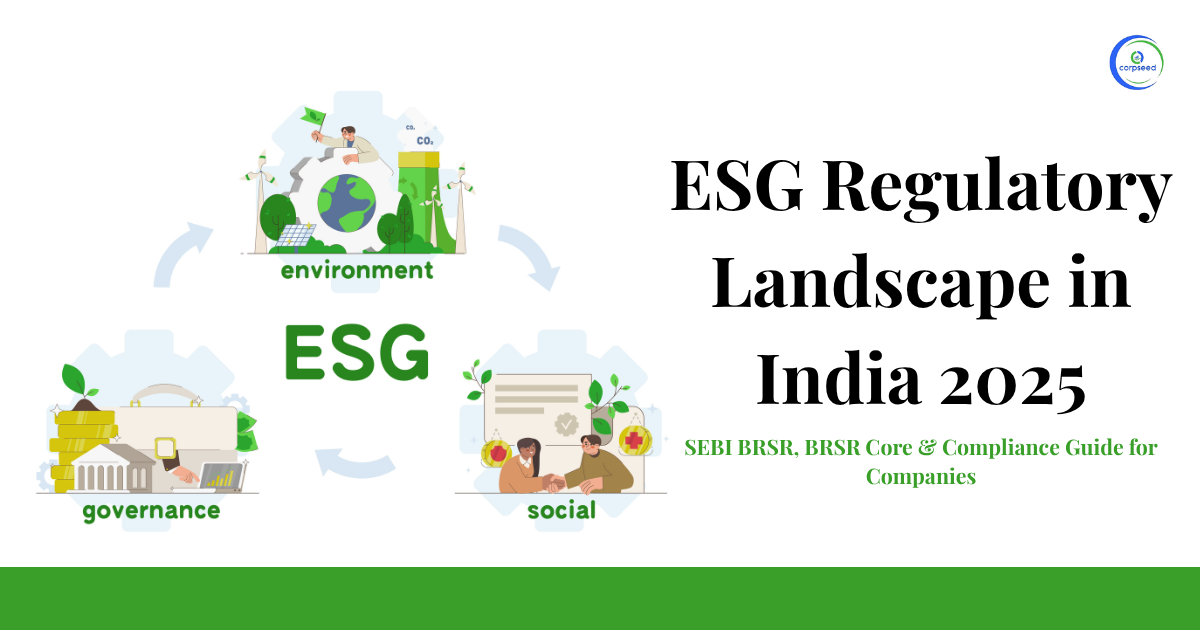Overview of ESG Assurance in Blockchain Technology
Blockchain has existed since the 1970s, but it has only recently gained significant prominence, particularly with the emergence of Bitcoin. While many people associate blockchain with cryptocurrency, this perception is inaccurate. Blockchain extends beyond its portrayal as a mere financial tool and has evolved into a useful technology with the potential to facilitate environmentally sustainable governance initiatives. It is mainly governed by its ability to ensure traceability, transparency, and automation.
This technology continues to mark its essence and leave an imprint on advancing the technology and ensuring the emergence of energy-efficient and scalable solutions. In addition to cryptocurrency, Blockchain technology will likely enter the realms of supply chain management, finance and healthcare. With that, it continues to evolve tremendously and speedily.
Table of Contents
- Overview of ESG Assurance in Blockchain Technology
- Significance of ESG Assurance in Blockchain Technology
- What are the Benefits of ESG assurance in Blockchain Technology?
- Challenges to ESG assurance in Blockchain Technology
- How Would Blockchain Technology Transform The Way Auditors Work?
- Final thoughts on ESG assurance in Blockchain Technology
--------------Blog Contact Form-------------
Moreover, the environmental, social, and governance (ESG) sector has experienced significant growth and is now poised to incorporate blockchain technology to enhance efficiency and promote transparency by conforming to regulations. This technology is a valuable addition, particularly when implementing ESG initiatives in operations and addressing reporting obligations.
Significance of ESG Assurance in Blockchain Technology
In business and finance, two key factors have emerged as leading players: Environmental, Social, and Governance (ESG) goals and blockchain technology. ESG auditing is essential for businesses looking to ensure sustainable practices and ethical standards while providing valuable information for investment opportunities. On the other hand, blockchain technology is revolutionizing auditing in industries with its decentralized model. Both of these concepts coexist with one another, which makes one impossible without the other.
ESG assurance is a commitment and crucial in ensuring blockchain technology complements sustainable goals and ethical practices. It conducts assessments or audits and unleashes the accuracy and reliability of the data stored with the blockchain by complying with ESG standards.
As blockchain technology gains popularity, individuals and organizations recognize its ability to maintain transparent records that cannot be altered once recorded. This technology is particularly useful for verifying the authenticity of ESG data and upholding its integrity.
What are the Benefits of ESG assurance in Blockchain Technology?
Here comes blockchain technology; the need of the hour. A technology that transcends beyond crypto, serving as a one-stop solution for those, who wish to report, build or manage the goals, such as environmental, sustainability and governance with its initiatives.
The benefits of ESG assurance in Blockchain Technology are mentioned below-
- Transparency and Traceability
Transparency and traceability are key benefits of blockchain for ESG. With its decentralized model, blockchain can record financial transactions with complete transparency. This means that every action in a transaction is closely monitored and documented, eliminating any possibility of fraud or manipulation.
Examining the ESG initiatives using blockchain technology makes it necessary to guarantee transparency by reporting on issues related to recycling, energy management, and more. Blockchain performs various tasks, including tracking and compliance, in different industries.
Companies looking to ensure environmental compliance can utilize blockchain technology to monitor the sourcing of raw materials. This innovative technology acts as a third eye, providing an extra layer of oversight. With this valuable feature, you can be confident that raw materials are being ethically sourced. As a result, supply chain management is closely monitored, ensuring a more sustainable and ethical process of sourcing products. This level of transparency is crucial for maintaining credibility among environmentally conscious customers.
- Cost Savings and Efficiency
Blockchain technology offers cost savings and efficiency benefits for ESG initiatives. By eliminating intermediaries, it simplifies the data collection and verification process. This automation minimizes manual processes, making necessary procedures quicker and more reliable.
Now, ace up your sleeve as you get to encourage a self-executing contract, which mentions the terms and conditions of the agreement in a code format, allowing companies to automate the processes that include collection and verification of the ESG data at hand. With a boon such as this, it is cost-saving and leaves no room for errors. Accordingly, blockchain technology can divert any middlemen, such as auditors or certification bodies, thereby reducing costs.
- Encouraging sustainable behaviour
ESG assurance in Blockchain Technology can incentivize sustainable behaviour by introducing a tokenized reward system. As a functioning to which companies have enough authority to reward those who follow sustainable practices. For instance, the company can even issue tokens to all those customers who engage in activities, such as recycling, aiming to reduce their carbon footprint. No wonder these tokens can then be redeemed per the discounts or other benefits.
Incentivizing sustainable practices encourages good behaviour, creating a positive effect. With more people participating in sustainable activities, the more the value offered by tokens would rise, enabling others to join. It may encourage implementing these practices with others to achieve ESG Goals.
Therefore, blockchain technology consists of various benefits, of which Traceability & transparency, cost savings and sustainable behaviour are factors. With the continued growth of ESG, companies would encourage blockchain technology and improve their reputation, leading to a sustainable future.
Read Our Blog: What is Environmental, Social, and Governance (ESG) Investing?
Challenges to ESG assurance in Blockchain Technology
Blockchain technology has gained significant momentum in recent years and has the potential to revolutionize industries that prioritize environmental, social, and governance practices. However, despite its many applications, other challenges require more attention and need to be addressed to achieve ESG goals.
Let us have a look at all the hurdles that restrict the functioning of Blockchain Technology-
Scalability
Scalability is a major obstacle for ESG assurance in Blockchain Technology. As blockchain networks expand, the number of transactions will increase significantly, making it difficult for the blockchain models to handle them efficiently. To overcome this challenge, these networks need to be constructed in a way that can handle numerous real-time transactions while also being cost-effective.
Data Protection and Privacy
The importance of ESG data cannot be overstated. It contains sensitive information about companies, individuals, and communities. Therefore, it is crucial to prioritize data privacy and security when implementing blockchain technology. While blockchain is known for its transparency, it can also protect confidential information. It is important to recognize the difference between privacy and transparency to build trust and promote the use of blockchain in ESG practices.
Regulatory Frameworks
The field of blockchain technology is transforming in terms of regulations. However, implementing ESG practices may pose challenges. As technology becomes increasingly important, it is crucial to have a regulatory framework to address issues related to security and accountability. Such a framework instils stakeholders' confidence and encourages blockchain technology adoption in ESG initiatives.
Therefore, there are various challenges to blockchain adoption, out of which scalability, data protection, and regulatory frameworks are of grave importance.
Read Our Blog: What is Environmental, Social, and Governance (ESG)?
How Would Blockchain Technology Transform The Way Auditors Work?
As consumers of digital technology, we often don't realize that we are actively contributing to its development. This is particularly evident in how it revolutionizes our understanding of financial reporting. The introduction of powerful machine learning and other artificial intelligence technologies has completely transformed the game, enabling us to automate tasks that previously required manual intervention.
One area where this technology is making a significant impact is in the field of financial statement audits. Auditors can now leverage these advancements to ensure that the auditing process is efficient and incorporates the application of artificial intelligence in the accounting practices of organizations and businesses.
By embracing this technology, auditors can provide higher assurance in their financial statement audits. This integration of artificial intelligence allows auditors to analyze vast amounts of data quickly and accurately, improving the overall quality and reliability of the audit process.
Furthermore, using machine learning and AI technologies in financial reporting has also shifted the auditors' mindset. They are now more focused on providing comprehensive assurance, as they recognize the value and potential of these advanced technologies in enhancing the accuracy and transparency of financial statements.
In summary, the digital revolution has made us consumers of technology and transformed how we approach financial reporting. With the introduction of machine learning and other AI technologies, auditors can now automate tasks and provide higher assurance in financial statement audits, ultimately benefiting organizations and businesses in India.
Final thoughts on ESG assurance in Blockchain Technology
Therefore, we conclude that ESG assurance in Blockchain Technology has been on the rise, which aims to ensure the legitimacy and reliability of ESG data. This decentralised model can enhance the integrity of ESG reporting while encouraging the efficiency of data accuracy along the regulatory compliance. No wonder the process of harnessing the power of blockchain in ESG would be challenging but worth it as we continue to navigate this path.
This portion of the site is for informational purposes only. The content is not legal advice. The statements and opinions are the expression of author, not corpseed, and have not been evaluated by corpseed for accuracy, completeness, or changes in the law.
BOOK A FREE CONSULTATION
Get help from an experienced legal adviser. Schedule your consultation at a time that works for you and it's absolutely FREE.
